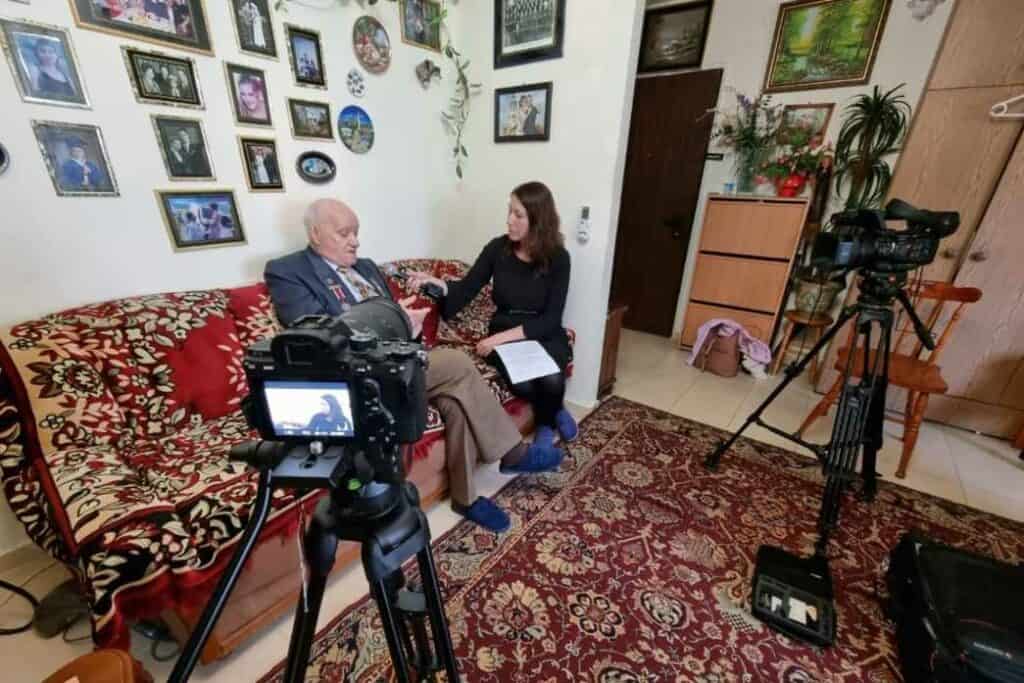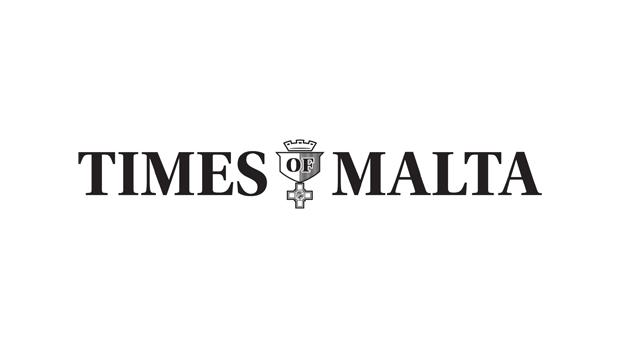The barbaric attack of Hamas terrorists on Israel on 7th October, resulted in the most lethal assault against the Jewish people since the Holocaust. More than 1400 Jews – women, children, men, and the elderly, including Holocaust survivors – were tortured, raped, and murdered. Over two hundred were taken hostage. These events have an immense impact on Jewish communities worldwide.
Many national leaders and heads of international organizations across the globe have condemned these acts in the strongest terms and expressed their full support and solidarity with the State of Israel. At the same time, there have also been demonstrations in many countries – including in some countries and regions which we represent – in which individuals praised these heinous actions of Hamas, “celebrated” the murder of Jews, and even called for more antisemitic assaults.
Jewish communities are fearful and are being threatened. Synagogues and other Jewish sites have been attacked. Schools have closed since they can no longer guarantee the safety of their students. Shabbat gatherings require the presence of armed guards for protection. In some cities, Jews are being harassed and accosted on the streets. Posters of the captive hostages are defaced and torn down. Antisemitism online has surged in an unprecedented way.
We, the undersigned Special Envoys and Coordinators, have a shared mandate to combat antisemitism and to safeguard Jewish life. We commend the resolute action of many national authorities to protect Jewish communities, as Jews around the world have not faced such challenges since the Holocaust. Mindful of those darkest days, we stand with the Jewish people. We will do everything in our power to see that hatred against Jews is rebuked and that Jewish life flourishes in peace. Antisemitism and all forms of hate are incredibly harmful and unacceptable.
Therefore:
· We call on governments to assess the needs and provide the necessary security assistance that Jewish communities require at this time of crisis.
· We urge police and law enforcement to be vigilant of threats against Jews and to be aware that Jewish people around the world should not be held responsible for the words and actions of the Israeli or any other government, as illustrated by the non-legally binding International Holocaust Remembrance Alliance Working Definition of Antisemitism.
· We denounce antisemitic acts taking place on some campuses and urge university administrators to condemn them and ensure that their Jewish students, like all other students, have the safety and support needed in these difficult times, to enjoy their right to education.
· We urge civil society – including sports federations, religious communities, the cultural sector and academic circles – not to stand by or stay silent, but rather use their influence to effectively counter antisemitism and promote public acts of solidarity.
· We are distressed about the online upsurge of antisemitic messages, disinformation, hate speech, and terrorist content, which instigate real world hate crimes and threaten the very social cohesion that binds our democratic societies together. We decry the social media platforms that amplify and multiply this content and call on them to act in line with the law and their own terms of service.
History has taught us that at times like these, we must speak up and cannot be indifferent.
“Never again” is now!
Signed,
Chryssoula ALFIERI
Ambassador, Special Envoy of the Ministry of Foreign Affairs for Combatting Anti-Semitism and for the Protection of Holocaust Remembrance, Greece
Andrew BAKER
Personal Representative of the OSCE Chairperson-in-Office on Combating Anti-Semitism
Luiz BARREIROS
Head of Delegation to IHRA, Ministry of Foreign Affairs, Portugal
Delphine BORIONE
Ambassador at Large for Human Rights responsible for inter-national issues relating to the Holocaust, looted property and remembrance, France
Michal COTLER-WUNSH
Israel’s Special Envoy for Combating Antisemitism
Arvydas DAUNORAVIČIUS
Lithuania’s Ambassador-at-Large for the Holocaust remembrance issues
Irena DIMITROVA
Deputy Minister of Foreign Affairs of Bulgaria and National Coordinator on combating antisemitism
David FERNANDEZ PUYANA
Ambassador, Permanent Observer of the UN University for Peace to the UN Office & intl. organizations in Geneva & Permanent Delegate of UPEACE to UNESCO
Simon GEISSBÜHLER
Ambassador, Head of Peace and Human Rights Division,
Federal Department of Foreign Affairs, Switzerland
Alexandre GUESSEL
Special Representative of the Secretary General on antisemitic, anti-Muslim and other forms of religious intolerance and hate crimes, Council of Europe
Michel HEINTZ
Interministerial Delegate in charge of the coordination of policies to combat racism, anti-Semitism and anti-LGBTIQ+ hatred, Luxembourg
Felix KLEIN
Federal Government Commissioner for Jewish Life in Germany and the Fight against Antisemitism
Olivier KLEIN
Former Minister, French national Delegate against racism, antisemitism and LGBTI-phobia
Robert KLINKE
Ambassador, Special Representative for Relations with Jewish Organisations, Issues relating to Antisemitism, International Sinti and Roma Affairs, Holocaust Remembrance
Maria Fabiana LOGUZZO
Ambassador, Argentina’s Special Representative for the fight against Antisemitism and Head of Delegation to IHRA
Fernando K. LOTTENBERG
Commissioner to Monitor and Combat Antisemitism, Organization of American States
Sara LUSTIG
Special Advisor to the Prime Minister of Croatia for Holocaust Issues and Combating Antisemitism
Deborah LIPSTADT
Ambassador, US Special Envoy to Monitor and Combat Antisemitism
Deborah LYONS
Ambassador, Canada’s Special Envoy on Preserving Holocaust Remembrance and Combatting Antisemitism
Lord John MANN
UK Government Advisor on Antisemitism
Antonio MARTINO
Director, Department for Fostering Austrian-Jewish Cultural Heritage and Combating Antisemitism, Federal Chancellery, Austria
Bogdan MAZURU
Ambassador, Special Representative of the Government of Romania for the remembrance policies and for the fight against antisemitism and xenophobia
Ulf MELGAARD
Director, International law and Human rights, Ministry of Foreign Affairs of Denmark
Jaime MORENO
Coordinator of the Spanish National Plan against Antisemitism and Head of Delegation to IHRA
Giuseppe PECORARO
Italian Coordinator on Combating antisemitism, Italian Government
Rt Hon the Lord Eric PICKLES
UK Special Envoy on Post Holocaust Issues
Robert ŘEHÁK
Czech Republic’s Special Envoy for Holocaust Issues, Interfaith Dialogue and FoRB
Ringo RINGVEE
Estonia’s National coordinator of measures against anti-Semitism
Vince SZALAY-BOBROVNICZKY
Deputy State Secretary, Civil and Social Affairs. Prime Minister’s Office, Hungary
Ulrika SUNDBERG
Special Envoy to the OIC, Intercultural and Interfaith Dialogue of Sweden
Eddo VERDONER
National Coordinator on Combating Antisemitism, The Netherlands
Katharina VON SCHNURBEIN
European Commission Coordinator on combating antisemitism and fostering Jewish life














